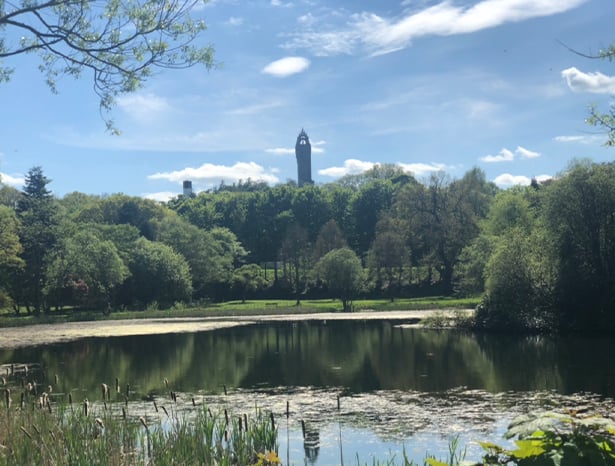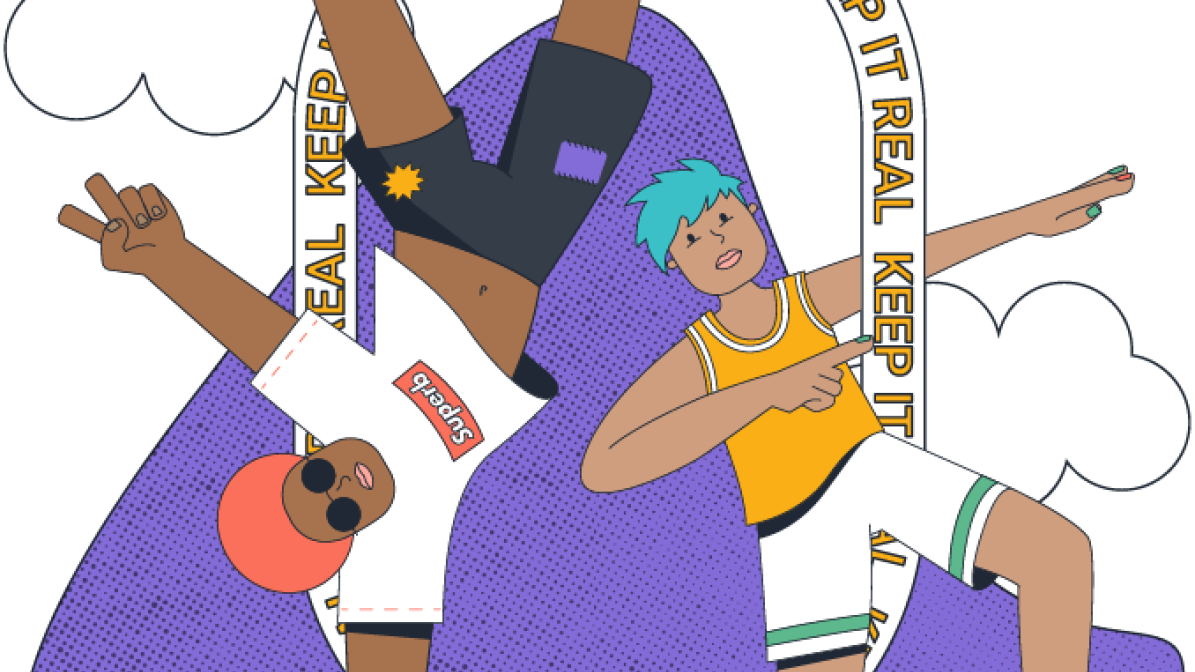
'Writing your personal statement will have helped you to evidence your skills, both academic and interpersonal, which are transferable to a CV and job application.'
You’ve done all the hard work creating your personal statement, but have you thought about how you can use what you’ve written for different purposes? Whether you’re thinking about applying for an apprenticeship, or there’s a job you’d love, and you need a covering letter, your personal statement can be a great place to start.
In many ways, personal statements, CVs, covering letters and applications are similar in that you use themit to show off your skills, demonstrate your personality, and explain why you’re a great fit for the company, uni, or programme. They’re a chance for you to get noticed for the unique talents and experiences you have.
We’re going to show how you can use the various parts of your personal statement to create a CV, covering letter, or apprenticeship application that really stands out.

'Writing your personal statement will have helped you to evidence your skills, both academic and interpersonal, which are transferable to a CV and job application.'
When you’re creating a CV or covering letter, the order and emphasis will be different to the personal statement as the focus is on the workplace rather than study.
However, you’ll still need to evidence your skills, as they’re transferable , whether you’re applying for university, an apprenticeship, or a job.
Work or volunteering experience will be really important on a CV as it’s evidence of your abilities and your desire to learn. Take what you’ve written on your personal statement and compare it to the skills required for any job or apprenticeship you’re applying for.

'In your personal statement you’ll be speaking about the transferable skills you’ve learned. Those skills can easily be applicable in the work experience section of CV, so that’s quite a good way to link the two.'
All good CVs and covering letters include a section that showcases the human behind the experience and qualifications. It’s an opportunity to tell potential employers what motivates you and why you’re passionate. Using the opening paragraph of your personal statement is a great way to have impact and set you apart.
Remember, there’s often a lot of competition for apprenticeships and job roles, so the more you stand out, the better.

'Within a CV, you need to write a personal statement of around 150 words. Use the opening of your university statement while incorporating key things about you that stand out, including why you’re suited to the role.'
There’s a misconception that you just need one version of your CV and a standard covering letter. However, both should be constantly changing documents you tweak every time you apply for a job or apprenticeship.
Have multiple versions ready by making sure you’ve listed all the transferable skills you have when preparing your personal statement.
A personal statement is written to five different audiences as you’re only allowed the one to get your point across. However, for CVs and cover letters, and even apprenticeship applications, you’ll need to speak to a different audience each time, so keep in mind to constantly switch the tone and what you’re highlighting when applying for jobs or apprenticeships.

'Building your content for your personal statement is like building the content for your CV at the same time, because much of it is good for job applications too.'
Using your personal statement to create tailored CVs and cover letters relevant to the role you’re applying for is something we’d highly recommend. An apprenticeship application is similar too, so using the work you’ve already done to help you apply will save you time and help keep you focused.
Whether it’s an apprenticeship, university place, or job, you won’t be alone in applying.
All of these different application processes are about documenting your skills and talents. A little extra work creating them now will go a long way when you’re making decisions about your future.
